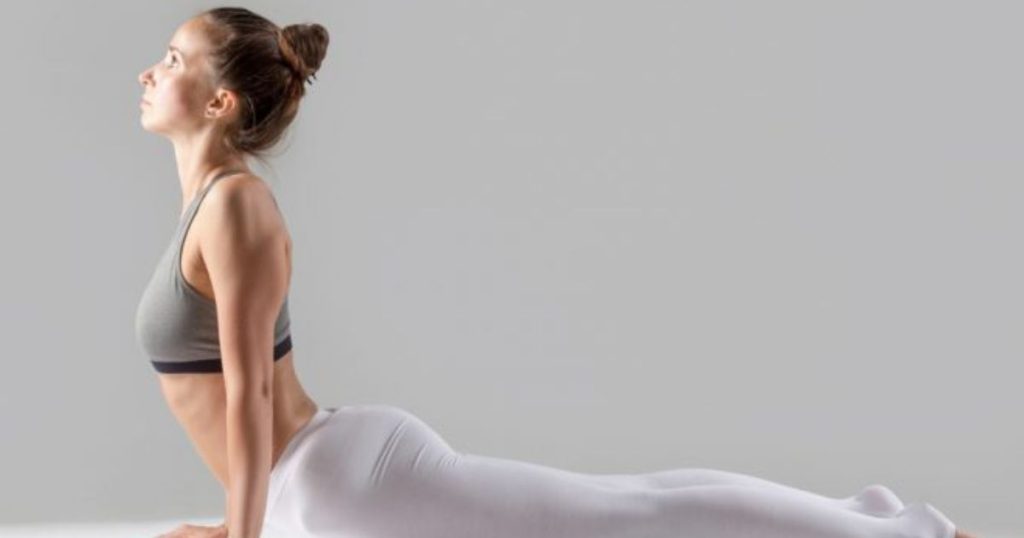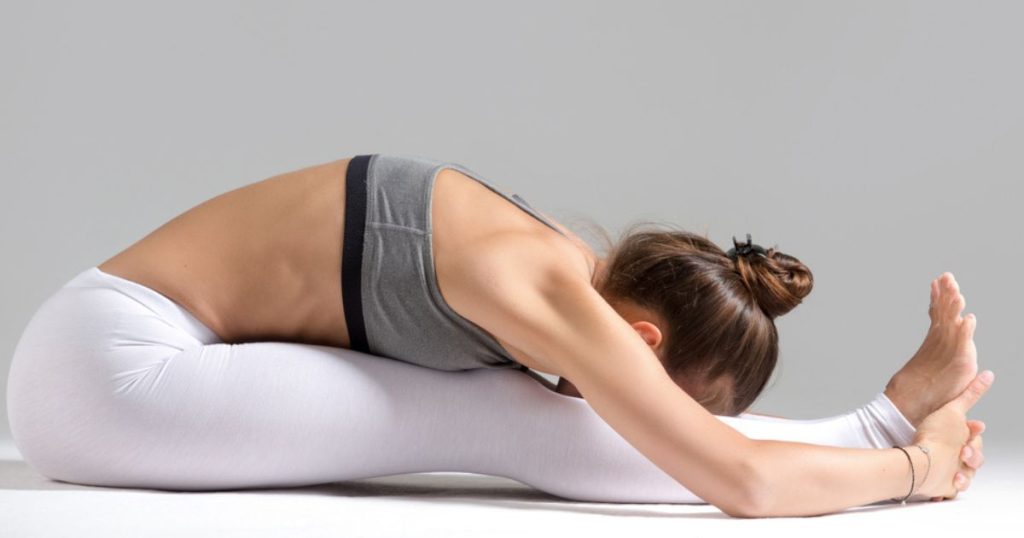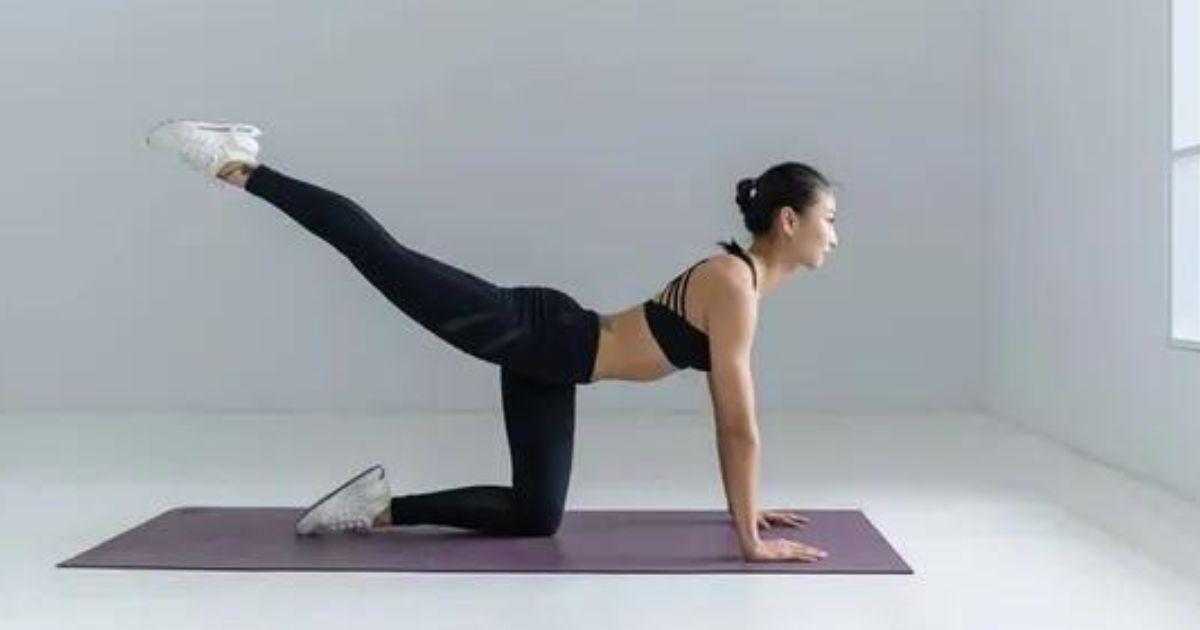The practice of yoga has long been celebrated for its holistic approach to enhancing physical, mental, and emotional well-being. As the world has become more digitally connected in recent years, online yoga has emerged as a potent technique for addressing mental health issues, including depression.
Online yoga for depression offers a convenient and accessible gateway to holistic wellness. Its gentle postures, controlled breathing techniques, and mindfulness practices can provide profound relief for those battling depression.
These sessions are expertly crafted to instill a sense of calm and tranquility while nurturing self-acceptance and emotional resilience. By fostering a deeper connection between mind and body, online yoga enables individuals to explore their emotions and gently release the burdens of depression.
This blog dives into online yoga and will illuminate how it can serve as a transformative force in the journey toward healing and emotional balance, offering hope and harmony to those searching for solace.
Exploring the Link Between Yoga and Depression: Research Insights
Research indicates that yoga may offer substantial benefits to individuals struggling with depression, though its impact on anxiety disorders remains less conclusive. A comprehensive analysis of various studies demonstrated that individuals coping with a range of mental health disorders experienced a reduction in depressive symptoms after engaging in “physically active” yoga sessions.
These sessions, lasting approximately 60 minutes and occurring once or twice weekly over 2.5 months, showed promising results. Yoga styles classified as “physically active” required participants to engage in movement for at least half the class duration, emphasizing specific body postures, controlled breathing techniques, and mindfulness practices, including meditation.
However, the exact mechanisms through which yoga mitigates depressive symptoms and whether particular yoga styles or poses offer superior outcomes remain areas requiring further investigation.
While the positive effects of depression are becoming clearer, the impact on anxiety disorders demands more comprehensive exploration. As research advances, yoga’s potential as a therapeutic tool for mental health concerns gains recognition, offering hope to individuals seeking holistic approaches to managing their emotional well-being.
Major Depressive Disorder
Major Depressive Disorder (MDD), a pervasive mental health disorder, can significantly disrupt one’s quality of life, causing profound sadness, hopelessness, and despair. The holistic nature of yoga contributes to its effectiveness in fighting MDD.
It combines physical postures, controlled breathing techniques, and mindfulness practices, such as meditation. These components work in synergy to address both the physical and psychological aspects of depression.
Online yoga has numerous benefits, and many studies have shown that regular yoga can reduce depressive symptoms and improve overall mental health. Yoga is a safe, non-invasive, and drug-free option for individuals seeking to complement their depression treatment plan.
It can enhance the efficacy of traditional treatments or, for some, even serve as a stand-alone intervention. Furthermore, its accessibility and flexibility make online yoga platforms a convenient resource for those with difficulty attending in-person classes.
Incorporating yoga into one’s routine requires commitment, but the potential benefits for individuals with Major Depressive Disorder are substantial. It offers a path to healing encompassing the mind, body, and spirit, providing a more comprehensive approach to addressing this challenging mental health condition.
While yoga may not be the sole solution, it undeniably contributes to a more holistic and balanced life, empowering individuals to manage and overcome the burdens of major depression.
Depression in Women

Depression in women is a complex and prevalent mental health issue, marked by a higher incidence compared to men. It’s a condition influenced by multifaceted factors, including hormonal fluctuations, societal expectations, and gender-specific stressors.
In the quest for effective interventions, yoga has emerged as a valuable tool in addressing the unique challenges that women with depression face. Online yoga for women, with its holistic approach, offers a range of physical, emotional, and mental benefits that can be particularly advantageous for women struggling with depression.
The practice combines physical postures, controlled breathing techniques, and meditation, creating a powerful synergy that can help alleviate depressive symptoms. For women, the hormonal fluctuations that occur during pregnancy, postpartum, and menopause can be accompanied by emotional distress.
Yoga’s focus on regulating and calming the nervous system through pranayama can provide relief during these critical life stages.
Yoga encourages self-awareness and self-compassion, which is especially important for women who may internalize societal pressures and feel the weight of caregiving responsibilities. It provides a safe and non-invasive space for self-reflection and emotional regulation, helping women navigate the complexities of depression.
Expectant Mothers and Bed Rest
Pregnancy can be a time of excitement, sheer joy, and anticipation, but it can also bring unexpected challenges. For some expectant mothers, complications may necessitate bed rest, which can be physically and emotionally taxing.
In these circumstances, yoga for expectant mothers can serve as a valuable and accessible tool to promote well-being during this period of confinement. Prescribing bedrest during pregnancy can be for various reasons, such as preventing preterm labor or managing other medical concerns.
While essential for maternal and fetal health, bedrest often leads to physical discomfort, anxiety, and stress. Yoga can offer expectant mothers a means of staying active and reducing these adverse effects. These practices typically involve gentle movements, stretching, and breathing exercises tailored to support the pregnant body.
Yoga helps alleviate physical discomfort by improving circulation, reducing muscle tension, and promoting relaxation. It can also enhance mental well-being by reducing anxiety and stress, particularly during high-risk pregnancies.
Online platforms and guided prenatal yoga classes make these practices readily accessible to expectant mothers on bedrest, allowing them to engage in tailored routines in their own space. Such accessibility empowers women to take an active role in their well-being during pregnancy, fostering a sense of empowerment and connection when they feel isolated.
Overcoming Addiction

Addiction is a formidable adversary, impacting millions of lives worldwide. Whether it’s substance abuse, gambling, or other forms of addiction, the journey to recovery is often strenuous and deeply personal.
Yoga for addiction, with its holistic approach to physical, mental, and emotional well-being, has emerged as a complementary and transformative tool for individuals seeking to break free from the cycle of addiction.
Addiction often takes a heavy toll on the body and mind, leading to physical imbalances, anxiety, and depression. Beyond the physical, yoga promotes mindfulness and self-awareness. By engaging in meditation and mindfulness techniques, people in recovery acquire the ability to impartially observe their thoughts and emotions, helping them gain better control over their impulses and cravings. This heightened awareness aids in recognizing the underlying emotional causes of addiction and provides healthier coping mechanisms.
The supportive and non-judgmental community surrounding yoga classes can also be invaluable for those in recovery, fostering a sense of connection and belonging vital for long-term sobriety.
While yoga is not a panacea for addiction, it can be an essential part of a comprehensive recovery plan, helping individuals regain control over their lives, rebuild their sense of self, and find healing and transformation in the process.
Online Yoga Classes: Your Gateway to Wellness
Yoga is a powerful and holistic tool that can support various well-being aspects, including mental health and addiction recovery. It offers physical, mental, and emotional benefits that complement the healing process. However, it’s essential to recognize that professional assistance is often necessary for complex issues like addiction or mental health challenges. If you or someone you know is struggling and requires expert guidance and support, please do not hesitate to contact us at BVPS. We provide the necessary help and resources to ensure a more comprehensive and effective path toward recovery and well-being.









